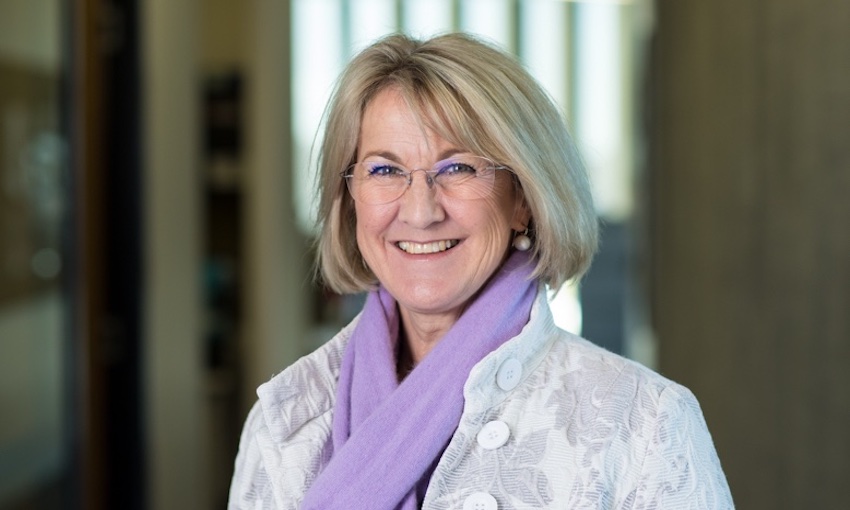FOR more than a decade the Centre for Supply Chain & Logistics has been managing industry-led research and development focusing on freight logistics and value-added supply chains.
In a statement, the centre’s director Dr Hermione Parsons, announced its closure, citing Deakin University’s COVID-related revenue losses.
The CSCL has worked with government and industry partners to answer pressing questions about the design and management of supply chain and logistics networks. Its initiatives have included food traceability research; an urban logistics forum; talent and capability research; and its Wayfinder program to build a new talent pipeline for women entering supply chain and logistics careers.
In her statement, Dr Parsons said, “Deakin University has been hard hit by revenue loss through the pandemic, so scarce resources are now being directed to core curriculum and academic research.
“In this context, I’m pleased to see that two major CSCL research themes on women in supply chain, and food traceability, will continue to be supported by the faculty.”
She said the collaborative work of the CSCL with industry leaders and researchers has shaped the future of Australia’s supply chain industry “in the face of extreme and continuing volatility”.
“Together we have created an innovative, industry laboratories program, where people with contrary opinions set aside their differences to create unifying and long-lasting initiatives.
“By bringing together key thinkers in supply chain and logistics, manufacturing, retail, transport, agriculture and trade, we facilitated unprecedented, nationwide collaborations to deal with thorny issues no organisation can solve alone,” she said.
Dr Parsons said she would continue to collaborate at “what is clearly a critical tipping point in the future of our industry”.
“Australia’s supply chains face tremendous challenges and opportunities as we refit our workforce to deal with exponential growth in freight volumes, vastly more complex daily operating circumstances, and the ongoing pandemic,” she said.





